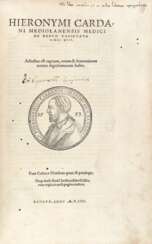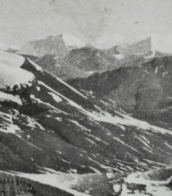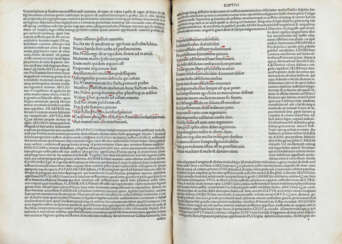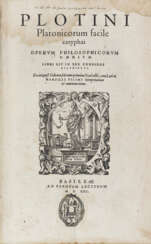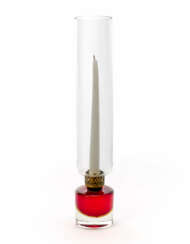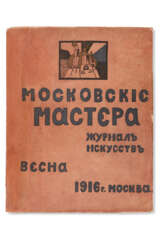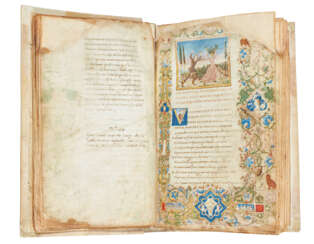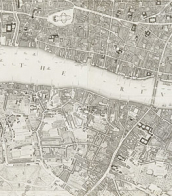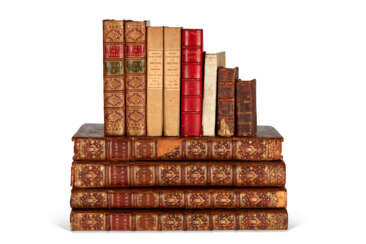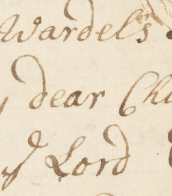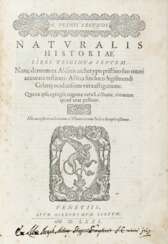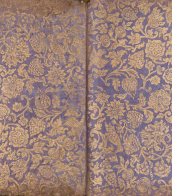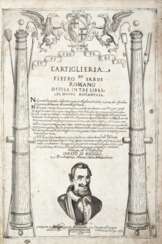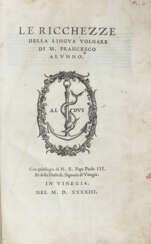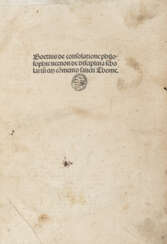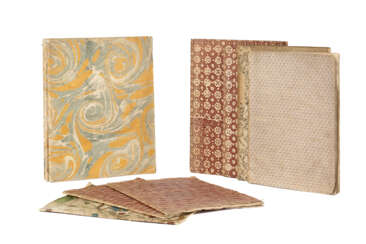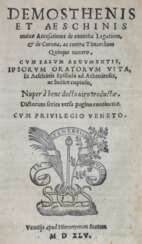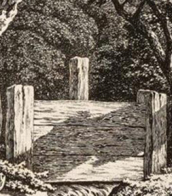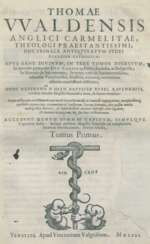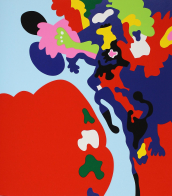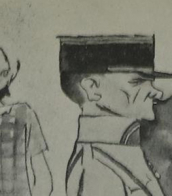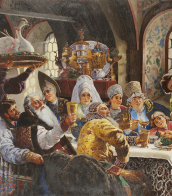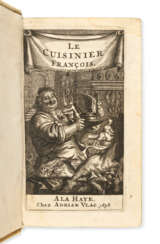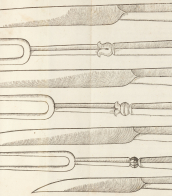petr il&
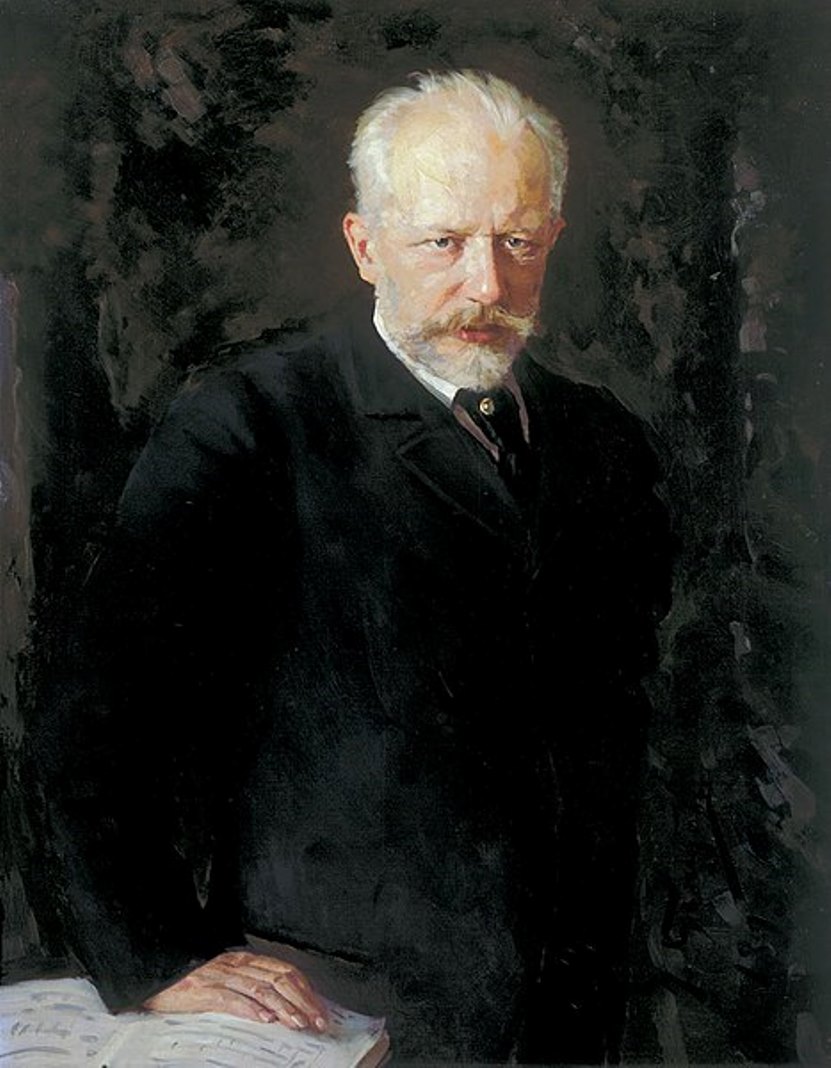
Petr Ilich Chaikovskii (Russian: Петр Ильич Чайковский) was a great Russian composer, teacher, conductor and music critic.
Petr was born into the family of a mining engineer; later his father became manager of the Alapaev and Nizhnekamsk factories and director of the Technological Institute in St. Petersburg. Already at the age of five Peter began to learn to play the piano and compose. Educated as a lawyer, he was appointed to the Ministry of Justice and retired in 1867.
In 1865, Chaikovskii graduated with honors from the St. Petersburg Conservatory, composing several significant works during his years of study. From 1866-1878, Chaikovskii was a professor at the Moscow Conservatory, translated several musical-theoretical works, and wrote A Guide to the Practical Study of Harmony. In 1868 he made his first appearance in the press as a music critic, and later worked as a music reviewer for the Moscow newspapers Sovremennaya Annals and Russkiye Vedomosti.
Petr Ilich destroyed his first operas - "Voevoda" and "Undina" - apparently dissatisfied with the result, but his next concertos and symphonies, the operas "Oprichnik" (1874) and "Vakula the Blacksmith" (1876) were already quite successful. In 1877 patron of the arts and admirer Nadezhda von Meck arranged for Chaikovskii to receive an annual subsidy of six thousand roubles, thanks to which he devoted his later life to composing, and from 1888 the composer also received an annual pension of three thousand roubles from the Russian Emperor Alexander III.
From the 1880s Chaikovskii became known not only in Russia but also abroad: he gave numerous concerts in European cities, and his music was recognized and loved in the USA.
A man of extraordinary sensitivity, Petr Chaikovskii revealed in music the inner world of man from lyrical intimacy to the deepest tragedy, creating the highest examples of operas, ballets, symphonies and chamber works. During this period he wrote the operas "Eugene Onegin" (1878), "The Maid of Orleans" (1879), "Mazepa" (1883), "Cherevichki" (1885), "Queen of Spades" (1890), "Iolanta" (1891) and others. And also ballets "Swan Lake" (1876), "Sleeping Beauty" (1889), "The Nutcracker" (1892). All of these works are still going with enduring success in all the world's theaters.
His cycle The Seasons and his Sixth Symphony ("Pathetique") are also widely known. Chaikovskii 's six symphonies, the symphony "Manfred" (1885), "Italian Capriccio" (1880), three concerti for piano and orchestra (1875-93), a concerto for violin and orchestra, "Variations on a Rococo Theme for Cello and Orchestra" (1876), a piano trio "In Memory of the Great Artist" (1882), and romances belong to the world's masterpieces.
Chaikovskii died unexpectedly, having contracted cholera during an epidemic in St. Petersburg. In honor of the composer in 1958, one of the most prestigious performing competitions was organized - the International Chaikovskii Competition, which is held in Moscow every four years. The city of Chaikovskii in the Perm Region, streets in many cities in the former Soviet Union, and a crater on Mercury are named in the composer's honor. The Moscow State Conservatory bears Tchaikovsky's name. Petr Chaikovskii is one of the most performed composers all over the world.
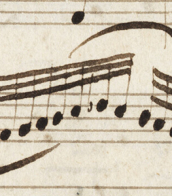
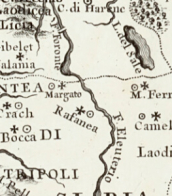
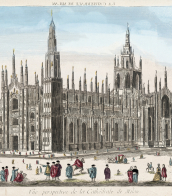
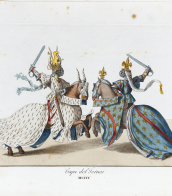
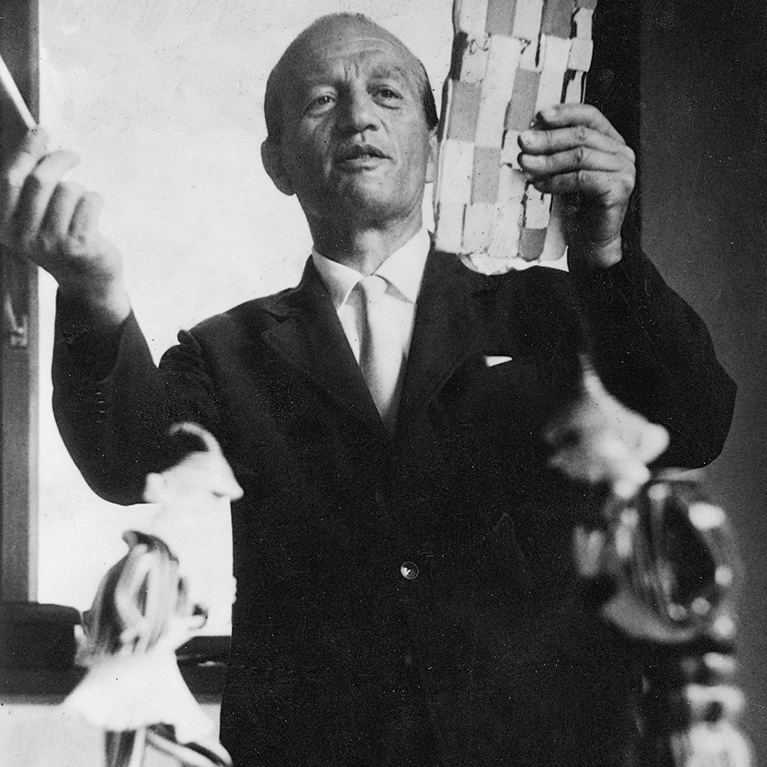
Paolo Venini emerged as one of the leading figures in the production of Murano glass and an important contributor to twentieth century Italian design. He is known for having founded the eponymous Venini & C. glassworks.
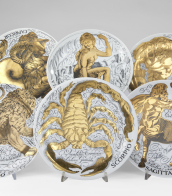


Paolo Venini emerged as one of the leading figures in the production of Murano glass and an important contributor to twentieth century Italian design. He is known for having founded the eponymous Venini & C. glassworks.

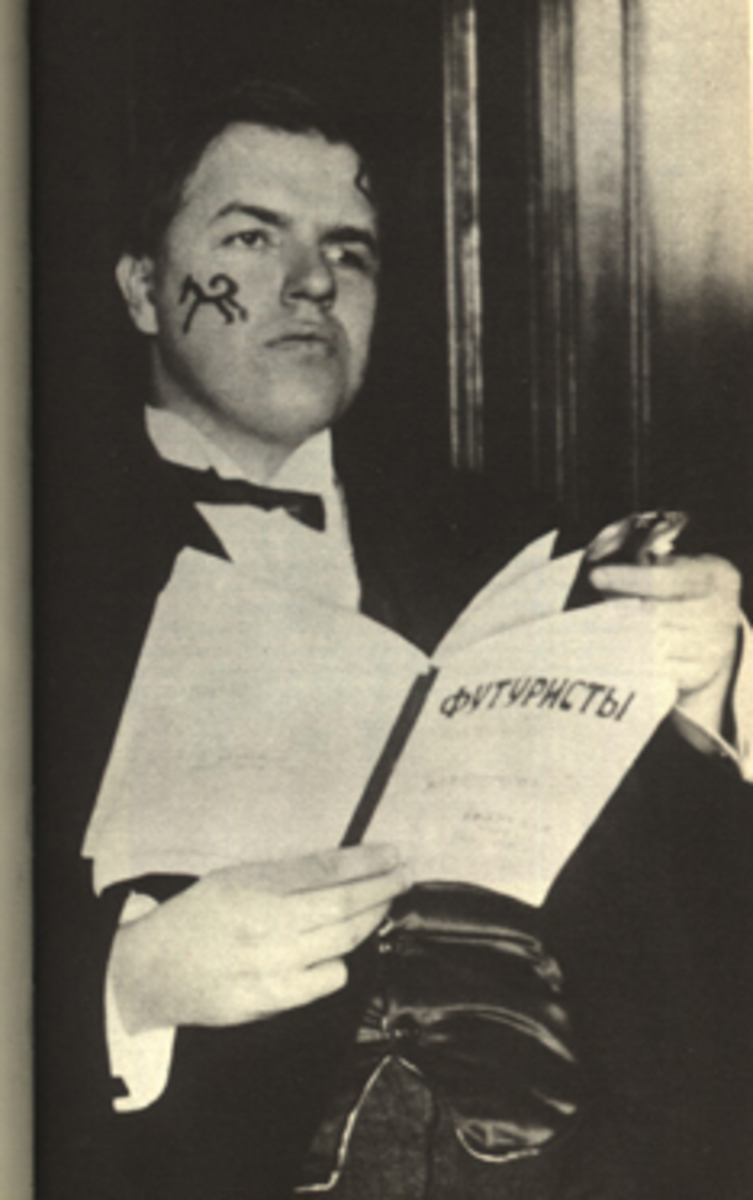
David Davidovich Burliuk (Russian: Давид Давидович Бурлюк), a pioneering figure of the Russian Futurist movement, was a Ukrainian poet, artist, and publicist, born in 1882 in Semirotovshchina, Kharkov, Ukraine, and died in 1967 on Long Island, N.Y., U.S. Known for his eclectic contributions that spanned poetry, painting, criticism, and publishing, Burliuk's work was instrumental in introducing the Russian avant-garde to Europe and the United States. Despite having a lesser volume of work in poetry and painting compared to his contemporaries, Burliuk's knack for discovering talent and promoting it was unparalleled. He was among the first to publish the works of Velimir Khlebnikov and to recognize the genius of Vladimir Mayakovsky, significantly contributing to their renown.
Burliuk's artistic journey was marked by his involvement with the Futurist and Neo-Primitivist movements. His early work, including an exhibition with the group Zveno ("The Link") in Kiev in 1908 and his participation in the Hylaea group, set the stage for his later achievements. He was a co-author of the influential Futurist manifesto "A Slap in the Face of Public Taste" in 1912, advocating for a break from traditional art forms and the embrace of modernity. Burliuk's commitment to Futurism was evident in his publishing endeavors and his collaborations with notable artists of the time.
In his later years, after emigrating to the United States in 1922, Burliuk continued to engage with the art world, contributing to pro-Soviet groups and publishing his works and those of his contemporaries. His efforts were recognized in several exhibitions, including a significant show at the Brooklyn Museum's 1926 International Exhibition of Modern Art. Despite facing challenges, such as being denied permission to visit his homeland by the Soviet government, Burliuk's influence remained steadfast. His legacy as a central figure in Russian Futurism and his contributions to the broader art movement are celebrated to this day.
To stay informed about updates and events related to David Davidovich Burliuk, including sales of his works and auction events, sign up for our newsletter. This subscription will ensure you're the first to know about new discoveries and opportunities to engage with Burliuk's enduring legacy.

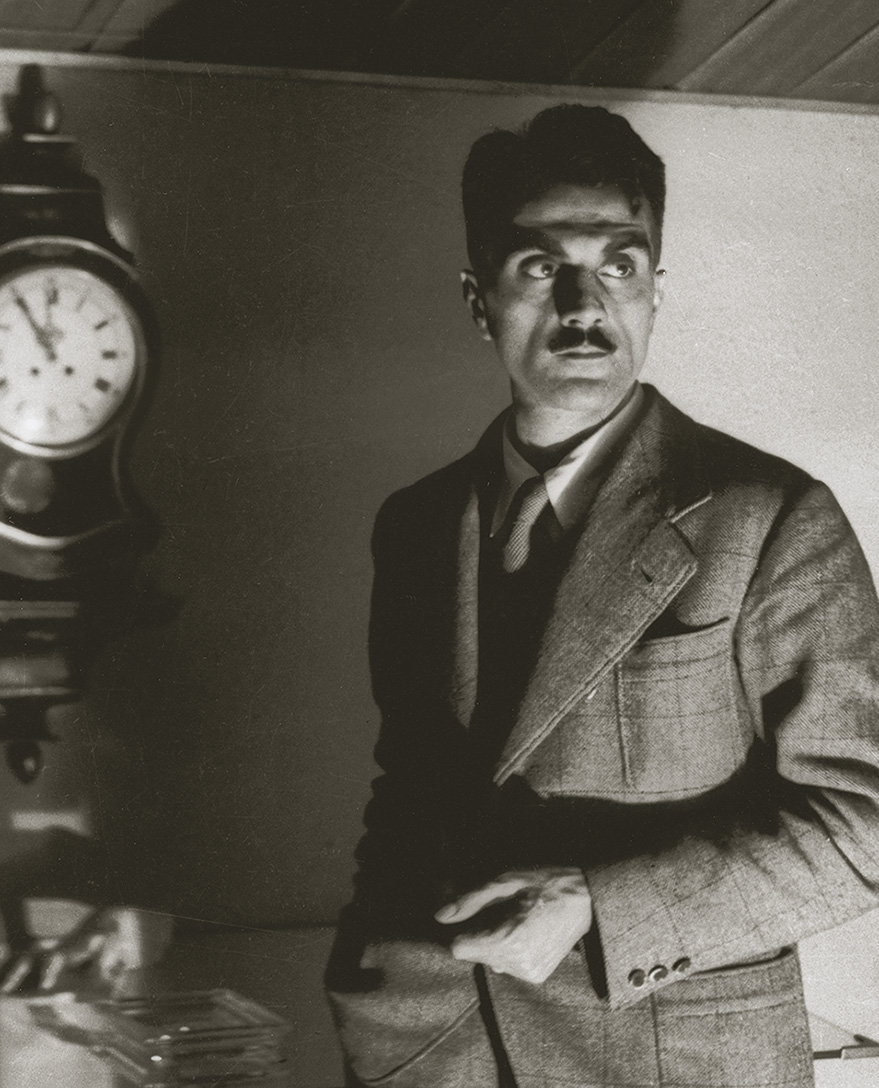
Carlo Mollino was an Italian architect, designer, photographer and educator.

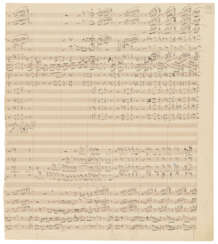



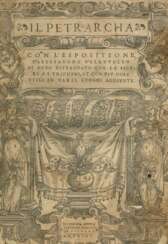

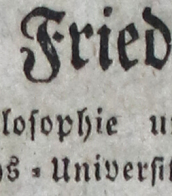
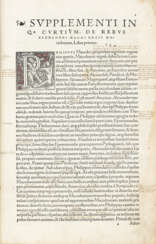

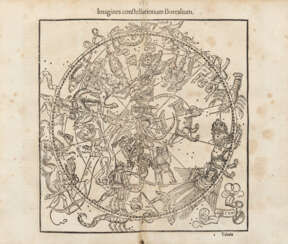





![GRAEVIUS, Johann Georg (1632-1703) - [COLLEZIONE DI TAVOLE DA:] - Thesaurus antiquitatum et historiarum Italiae. She give: Petrus Vander, 1704-1722.](/assets/image/picture_1241987/78097/enhtioh6fned98mua3jvgdr-wru2y1l3fcgxm9zdakeun3hbv8ioioivntanq1608650265jpg__fix_374_244.jpeg)
![GRAEVIUS, Johann Georg (1632-1703) - [COLLEZIONE DI TAVOLE DA:] - Thesaurus antiquitatum et historiarum Italiae. She give: Petrus Vander, 1704-1722.](https://veryimportantlot.com/assets/image/picture_1241987/78097/enhtioh6fned98mua3jvgdr-wru2y1l3fcgxm9zdakeun3hbv8ioioivntanq1608650265jpg__fix_374_244.jpeg)
